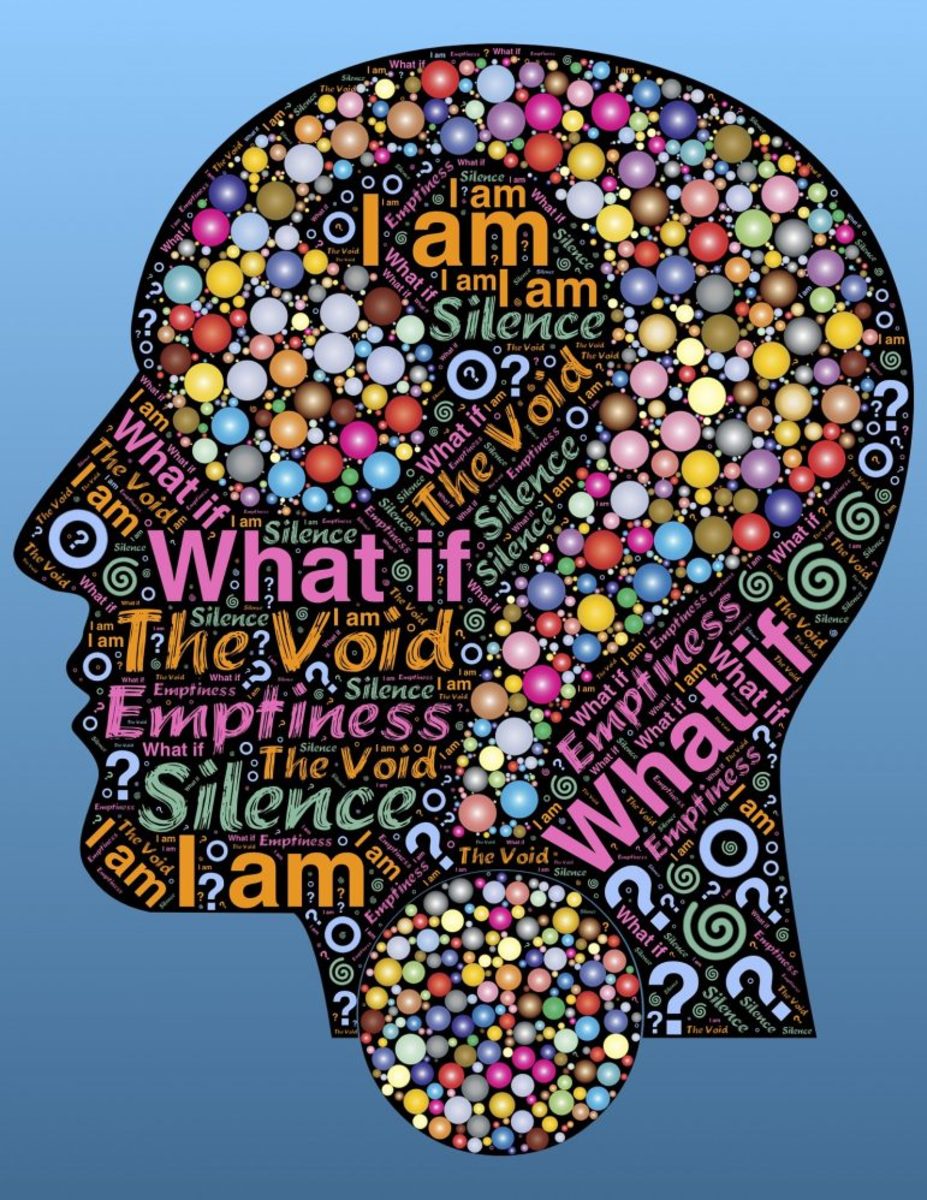Economics of happiness

The recent world happiness report 2015 identifies the following countries with highest levels of happiness in the descending order –
- Switzerland
- Iceland
- Denmark
- Norway
- Canada
Other countries hold different ranks based on their happiness index.
There is a wide range of factors that influence the happiness levels of people. The factors range from family and friendship at the individual level, presence of trust and empathy at the community level to the quality of social norms that determine the quality of social life within and among nations. In addition to other factors, when the social factors are readily available, the communities and nations become resilient.
Carl Jung said. “All factors that are generally said to make for happiness can under certain circumstances produce the contrary. No matter how ideal your situation may be, it does not necessarily guarantee happiness.”
There is a mélange of factors viz. personal, community and national ones that come into action to influence happiness of the people.
Personal Factors –
Health – One of the most important personal factors for happiness is physical and mental health. We all have experienced personally how an ailment, however small, can rob us of our happiness. As a matter of fact, happiness and health are interchangeably related to each other. An illness produces much stress and anxiety in the body that is harmful to us in many ways. Chronic stress and anxiety can eventually lead to heart disease, stroke, diabetes and a host of other diseases.
Income – Some studies have shown that though money is indispensible to lead a good life, it can buy happiness to a certain point. How much one needs to get to that threshold depends on where one lives. The amount of money thus required varies from country to country and from place to place in the same country Higher earners generally report better life satisfaction but, on the contrary, emotional well being of the people rose with earnings to a certain threshold of income, after which money does not matter much.
Employment – Regular employment is essential for a person to have happiness since it creates a sense of purpose. It is a source of livelihood for the person and the family and, therefore, losing one’s job can cause much unhappiness for the person and family.
Education – The persons, who are more educated, are comparatively happier than persons, who are less educated because they can understand situations better, have wider view of perception, can make better adjustments with life situations and have easy access to better health care.
Family and friends – Studies have shown that true happiness lies in rewarding relationships that include a close circle of family and friends.
Material possessions – It has been found that material possessions including iPhones, computers, wealth, sports car etc. don’t provide lasting contentment because people begin to crave for more material possessions once they have got something. One cannot deny the fact that material possessions do provide comforts to people but those comforts may not provide happiness since it depends upon one’s state of mind at a particular time. Moreover, the initial joy of acquiring a new object such as new car fades over time because we become accustomed to seeing it every day.
Experiences – The psychologists have found that experiences make people happier than possessions as they continue to provide happiness through memories long after the event occurred. People, who spend money on life experiences, mostly involve others in them. Such experiences promote social bonding amongst people involved in them. When we go to a picturesque hill station with our family, we get new experiences that we all cherish as memories of great time we had spent together. Moreover, everyone feels a great sense of vitality and excitement in the experiences that we cherish whenever we recall those experiences.
Gratitude – Thankfulness and gratitude are a key factor leading to happiness. Perhaps, it is because when we express gratitude, we tap into our own internal love and, in turn, it affects our overall emotional state.
Community factors –
Sense of belongingness – Community gives us a sense of identity. The researchers also found that people with strong social connections have less health related problems, lower risk of mental illness and faster recovery from trauma or illness.
Company of people – The researchers have found that people are happier when they are in company of other people than when they are alone. When people are happy, they are more fun to be around creating an upward spiral of happiness since it is contagious.
Positive support – People with good social connections within and outside community tend to adapt quickly to changing circumstances – hedonic adaptation. Perhaps, the reason for this is that people give us positive emotional support in unfavorable circumstances, thus facilitating hedonic adaptation.
National Factors –
GDP and GNP – Gross domestic product (GDP) and gross national product (GNP) are considered to be measures of successful financial policy. An association between happiness and GDP has been found because citizens of wealthier nations are happier than those of poorer nations. But this association exists to a certain point beyond which wealth of the nation becomes immaterial to happiness.
Social security – It has been seen that social security payments don’t seem to contribute to happiness because non self-earned income does not add to general happiness in the individual. Happiness is a reward to a person doing a useful act. The institution of welfare states only provide to sustain life by fulfilling basic human needs till one is able to get a regular employment. Social security fails to provide higher level of life satisfaction.
Political establishment – The political systems of democracy and federalism bring well being to the people. More direct participation of the people in the national policies available to the citizens raises their subjective life satisfaction. An active role for the citizens enables better monitoring of professional politicians by the citizens. When citizens are able to get involved in and have control over the political process, it increases their life satisfaction and happiness.
Better infrastructure – The countries having good infrastructure such as roads, bridges, communication network, hospitals and other health facilities, general transport facilities, electric and water supply, etc. contribute largely to life satisfaction of their citizens.
General corruption – Political and administrative corruption encourages general corruption, which causes innumerable hassles leading to much disappointment in day-to-day life of people. General corruption can shake up the very foundation of economically healthy nations. This causes much unhappiness due to economic instability of the nation.
Religious freedom – The countries, which allow its citizens to freely practice their own religion or religious faith, provide much life satisfaction to their citizens. Since religious belief systems have deep roots in the sub-conscious mind of the people, they give valuable succor much needed during unfavorable circumstances. The fellow members of the same religion or faith give emotional support to each other during lean periods, facilitating hedonic adaptability of each other. The people living in countries, which don’t allow religious freedom, are always in fear of religious retribution by people belonging to the main religion of the country.
The bottom line –
There is an array of factors that play significant roles of their own in the economics of happiness. Based on circumstances, different factors play prominently in the creation of our happiness. As Carl Jung has said that the factors that helped to create happiness in a particular situation may fail to do so in other situations but, on the other hand, may do contrary. These factors do help to create happiness but they do not guarantee it. Happiness is one of the basic innate attributes of human beings but, somehow or other, we let many factors influence it, thereby subduing happiness. Let us not forget that we have a capacity to remain happy in all circumstances even if they are direly unfavorable. If we are able to cultivate this attitude, the outside influences will fail to make us unhappy.








